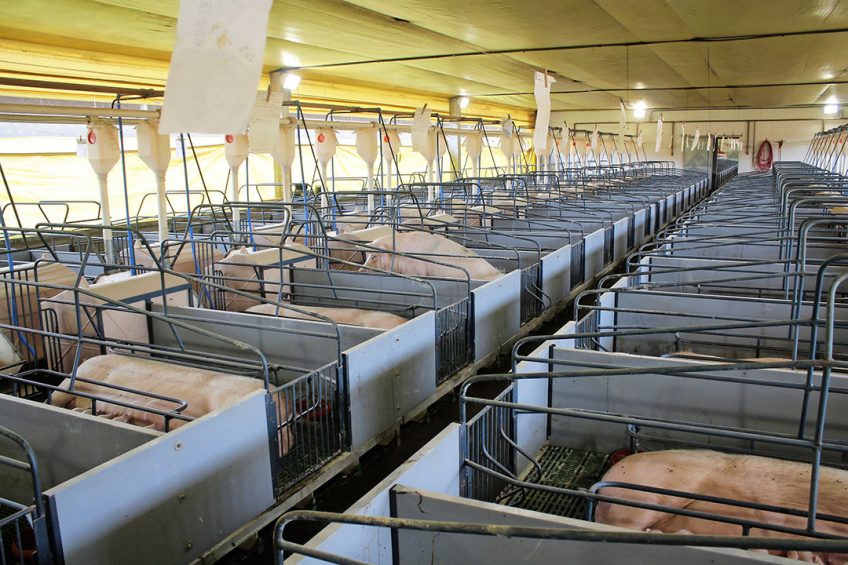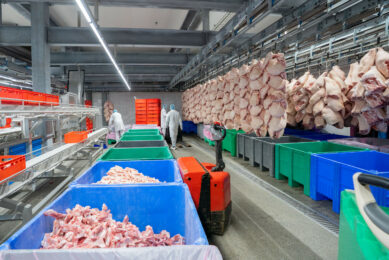China blocks 5 Brazilian meat processing plants

China has suspended the export authorisation of 5 Brazilian slaughterhouses last week, including 2 pig slaughterhouses. The suspension coincides with protective measures due to Covid-19.
The Brazilian Ministry of Agriculture, Livestock and Supply (MAPA) has officially confirmed that the plants have been suspended. With regard to the Chinese decision, the ministry noted that ‘reasons have not been formally presented’.
Meat and pork plants from Europe suspended
Nevertheless, the General Customs Administration of China (GACC) recently did a similar thing against plants from Europe and the United States. The measures fit into a pattern to prevent a second Covid-19 wave in China, although there is still no evidence that food can actually transmit SARS-CoV-2, the viral agent causing Covid-19.
Amongst the blocked Brazilian units are 2 pork units; 1 specialised in poultry and 2 in beef. The Brazilian authorities also decided to withdraw the permit of 1 more poultry unit. In a statement, the ministry said, “The ministry voluntarily suspended exports to China of an establishment that had its activities suspended related to Covid-19 prevention among its workers.”
The suspended pork facilities are:
- BRF in Lajeado, Rio Grande do Sul state;
- Seara, controled by JBS, in Três Passos, Rio Grande do Sul state.
After the suspension of JBS and BRF facilities, the number of Brazilian pig slaughterhouses authorised to sell to China is 14. The number of poultry and beef units allowed to export to China are still twice as high.

How has Brazil’s pig industry been developing in recent years?
‘No technical basis for Chinese measures’
According Francisco Turra, president of the Brazilian Association of Animal Protein (ABPA), there is no technical basis for those Chinese measures. He guaranteed that products arriving in the Asian country have all been previously analysed and are not contaminated. He said, “We proposed to minister Tereza Cristina (minister of agriculture, ed.) to fight for the obligation of delivering just surveyed products into Chinese ports.”
Turra added that China is currently the largest importer of Brazilian poultry, pork and beef and the relationship will remain excellent.











